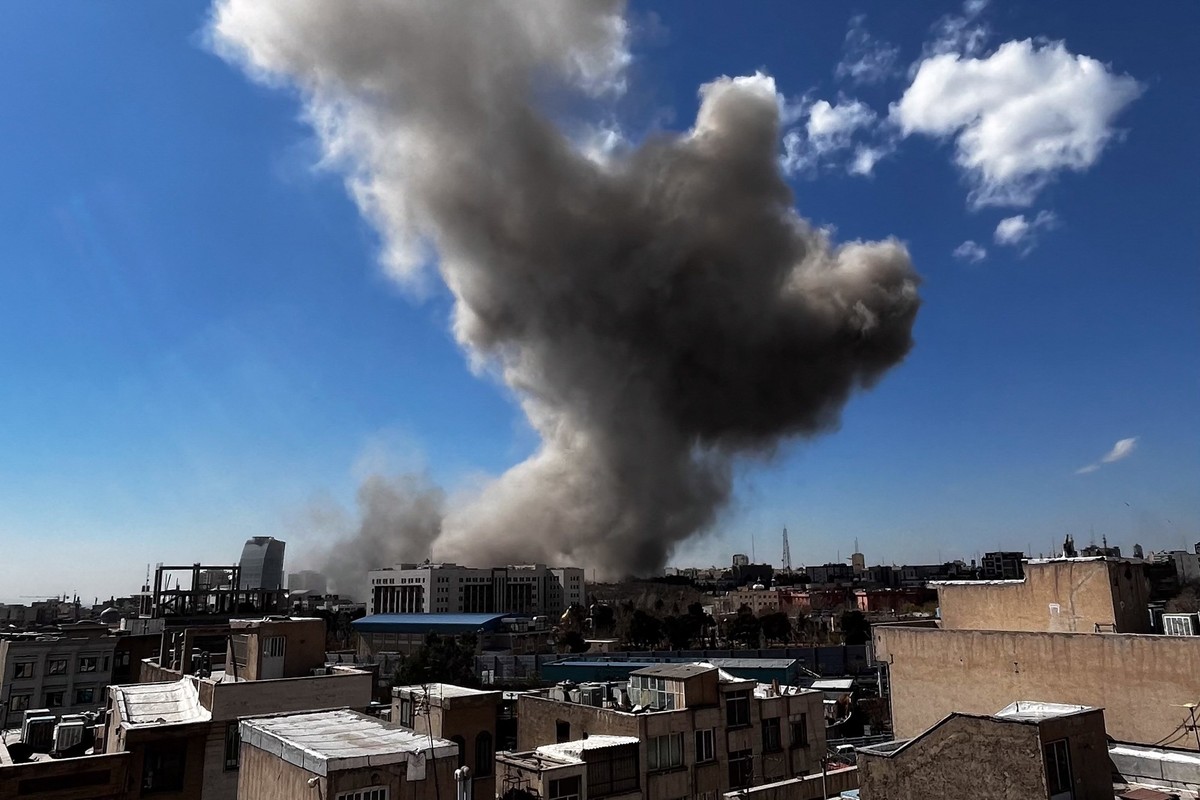Cipher Brief Expert Ambassador Joseph R. DeTrani was the former Special Envoy for Negotiations with North Korea and Director of the National Counterproliferation Center. He is also former director of East Asia Operations for CIA and served as the Associate Director of National Intelligence and Mission Manager for North Korea and the Director of the National Counter Proliferation Center, while also serving as a Special Adviser to the Director of National Intelligence.
OPINION — As the U.S. transitions from the November 3rd election to the inauguration of the 46th president on January 20, 2021, there is concern that certain countries and illicit groups will be emboldened and take actions inimical to U.S. interests. This transition period, currently tense with litigation in a few states, will require greater diligence and leadership, as the elected president prepares his team for four years of governance, dealing with a myriad of complex domestic and international issues.
This ten-week period of transition should not be viewed by foreign adversaries as a period of U.S. vulnerability. Instead, it’s a period of strength and rejuvenation; a period to reflect on the accomplishments and challenges of the past four years and the domestic and foreign issues that will require immediate attention. It’s also a commentary on a vibrant democracy that protects and cherishes the will of the people, through a fair and legal electoral process.
So, a message to those countries and groups that think the U.S. currently is too preoccupied to care about their threatening behavior during this transition period: You’re wrong. The U.S. will never cease caring about peace and security for the U.S. and its allies and partners, and the inalienable human rights of all people, while confronting and dealing with aggressor nation states and terrorist organizations.
The security challenges for the 46th president are formidable:
Dealing with China on a myriad of issues, to include trade and investment concerns that historically benefited China, are priority issues. The deficit in trade with China has worsened, while waiting for Beijing to implement phase one of the recent trade agreement that obliges to purchase $200 billion in agricultural and other goods and services in 2020-2021. Protecting U.S. intellectual property and China’s unreasonable technology transfer policies will continue to be addressed in trade negotiations with China which, if managed properly, could lead to greater U.S. investment.
China’s militarization of islands and atolls in the South China Sea could, if not challenged, affect freedom of navigation and affect more than $3 billion of global trade that passes through the South China Sea. China refuses to comply with the United Nations tribunal’s ruling in 2016 that China has “no historical rights”, based on China’s nine-dash line, to ownership of these strategic islands and reefs in the South China Sea. In fact, China’s recent moves in the South and East China seas have become progressively more threatening.
China’s re-education camps in Xinjiang that house more than one million Uighurs and other Muslims and the June 2020 national security law for Hong Kong - undermining Hong Kong’s high degree of autonomy - are two recent human rights abuses that have moved the U.S., and others, to condemn China and impose sanctions.
In North Korea, despite two leadership summits and one DMZ meeting between President Donald Trump and North Korea’s Chairman Kim Jung-Un in 2018-2019, the North continues to produce fissile material and increase its nuclear weapons stockpile, assessed to be between 20 and 60 nuclear weapons. Concurrently, the North continued to enhance its ballistic missile capabilities, with the launch of two Intercontinental Ballistic Missiles (ICBMs) – the Hwasong 14 and 15 — in 2017 and the October 2020 display of a road-mobile monstrous ICBM, capable of targeting the whole of the U.S., with an assessed ability to deliver multiple nuclear warheads. Additionally, North Korea continues to perfect its submarine launch ballistic missiles (SLBM) and its long-range multiple rocket launcher capabilities.
In Russia, dealing with a revanchist Russian Federation and negotiations for a new nuclear arms treaty, when the New Strategic Arms Reduction Treaty (New Start) expires on February 5, 2021, will require considerable time and effort by the new administration, given the importance and complexity of these issues.
Iran, a state sponsor of terrorism that previously pursued a secret nuclear weapons program, is another country that will require very close attention. Iran may be willing to entertain a U.S. request to renegotiate a new nuclear deal, to replace the Joint Comprehensive Plan of Action (JCPOA) that the U.S. withdrew from in May 2018. What’s unlikely is that Iran would cease its support to Hezbollah in Lebanon and its use of the Quds force of the Iran Revolutionary Guard Command (IRGC) to support militia forces in Iraq and Syria and the Houthis in Yemen.
These are a few of the foreign affairs challenges for a new administration in January 20, 2021. And these are just a few of the countries that may view this presidential transition period as an opportunity to test U.S. resolve and pursue policies and operations inimical to U.S. interests. That would be a mistake.
This opinion piece by Cipher Brief Expert Ambassador Joseph DeTrani was first published by our friends at The Hill. The views expressed in this piece are the author’s and do not imply endorsement of the Office of the Director of National Intelligence or any other government agency.
Read more expert-driven national security opinion, insight and perspective in The Cipher Brief















